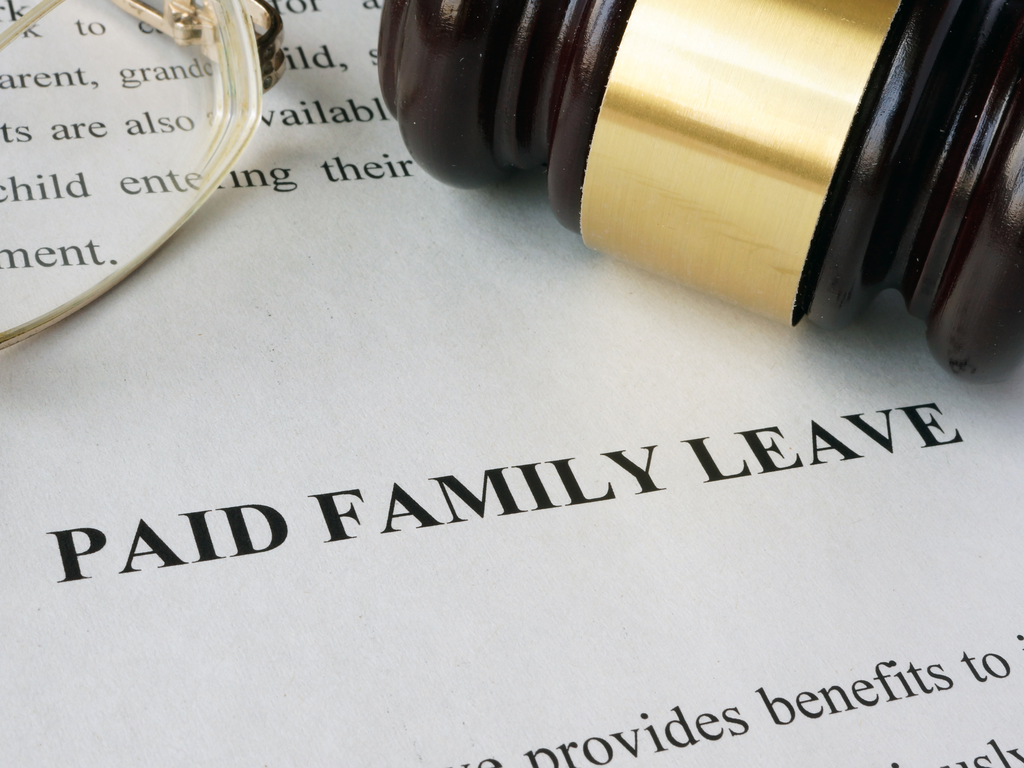Posted by Joshua R. Goodbaum in Employment Law
Jan 4 2022
January 1 often marks the effective date of new laws enacted during previous legislative years. For Connecticut employment lawyers who represent employees (as we do at Garrison, Levin-Epstein), the start of 2022 brings two exciting and welcome changes that affect Connecticut employees taking leaves from their jobs.
The first big change is to the Connecticut version of the Family and Medical Leave Act (or FMLA). The FMLA allows qualifying employees to take unpaid leave to care for their own or a close family member’s serious health condition without fear of losing their jobs. Before 2022, the Connecticut FMLA only applied to workers at companies with 75 or more employees within a 75-mile radius and, even then, only to employees who had worked 1,000 or more hours during the previous 12 months. But starting January 1, 2022, the Connecticut FMLA (or CT FMLA) is available to almost all employees who have worked for their employers for the previous three months, with very few exceptions. And whereas the CT FMLA used to provide for 16 weeks of family or medical leave over a two-year period, it now provides for 12 weeks of family or medical leave in every 12-month period, meaning eligible employees are now entitled to more leave overall.
What has not changed is how employers can intentionally or unintentionally violate the CT FMLA: by failing or refusing to honor employees’ requests for leave; by failing to reinstate employees to the positions they held before they look their leaves; or by otherwise retailing against employees for taking protected leaves. An employee who thinks their employer might have violated the CT FMLA needs to act quickly, though, because Connecticut state law only allows an employee 180 days from the date of the violation to file a claim. So if you think your rights under the CT FMLA were violated, don’t want to contact a Connecticut employment lawyer.
The second big change for 2022 is the start of the Connecticut Paid Leave Program (or CTPL). The CTPL does not provide employees with protected leave. Instead, it provides for income replacement – that is, payments – for employees who take a leave for reasons allowed under the CT FMLA or the Connecticut Family Violence Leave Act. Importantly, these payments are available regardless of whether the employer has categorized the leave as “FMLA leave.” If the reason for the leave would qualify the employee for CT FMLA leave, then the employee can receive compensation for the days they cannot work. This likely will include employees who are out of work because they test positive for COVID or are caring for a family member who has. So even if your Connecticut employer does not provide paid COVID leave, you now probably can get paid during your absence.
The Connecticut Paid Leave Program is administered by the CT Paid Leave Authority, and it is funded by employee payroll deductions that began on January 1, 2021 (meaning Connecticut employees have already paid for them). So if you work in Connecticut and took a family or medical leave after January 1, 2022, you might want to apply for benefits. If you have more questions about CTPL, you’re likely to find answers here.
Posted by Joshua R. Goodbaum in Employment Law
Tagged FMLA, Joshua Goodbaum









